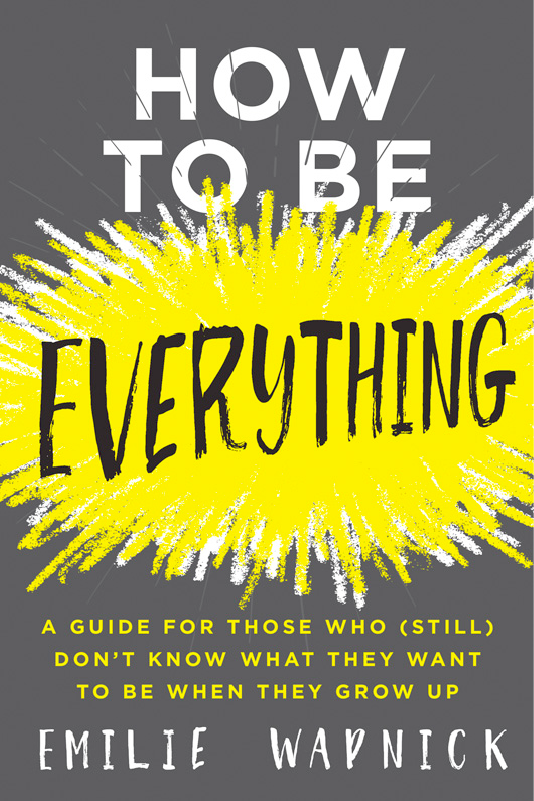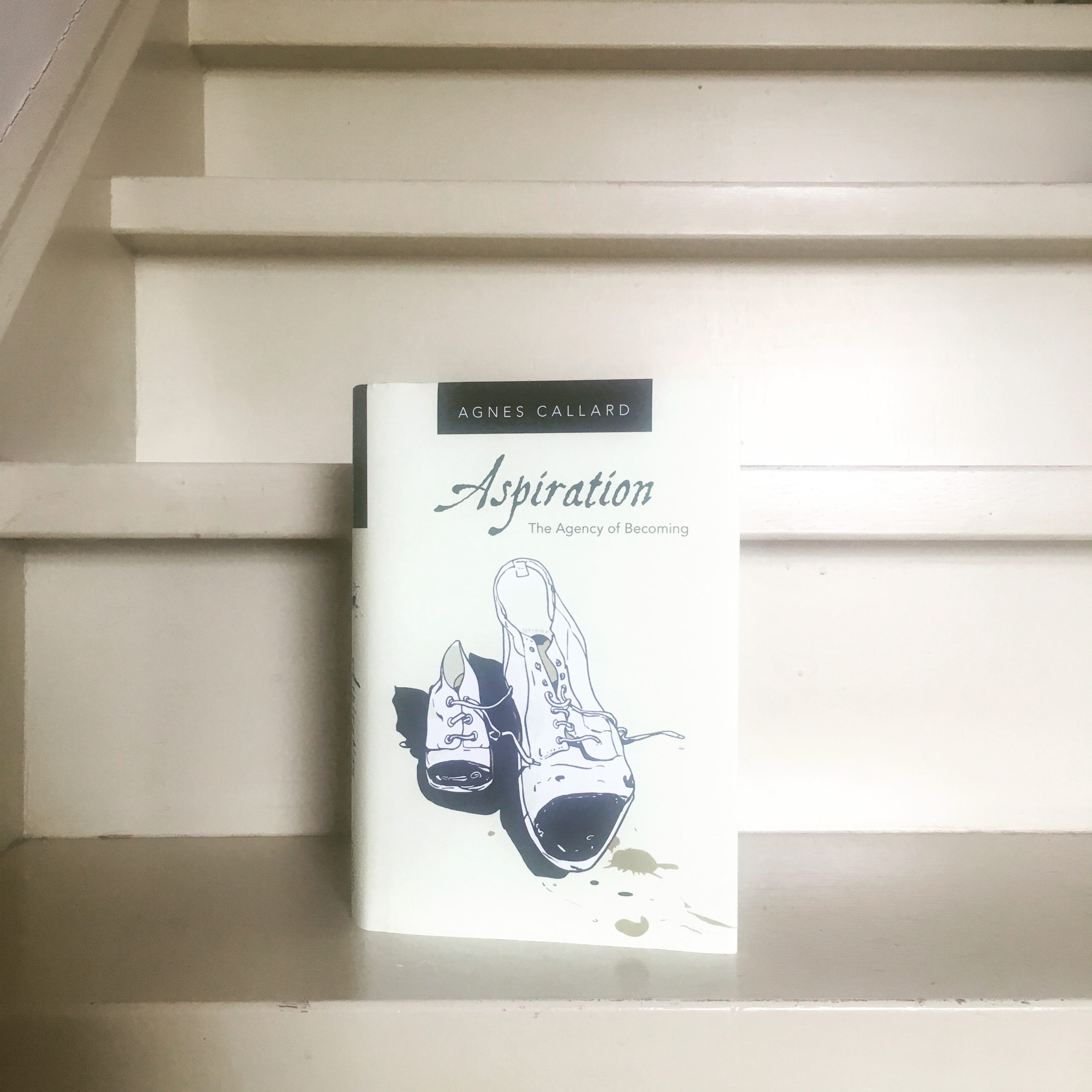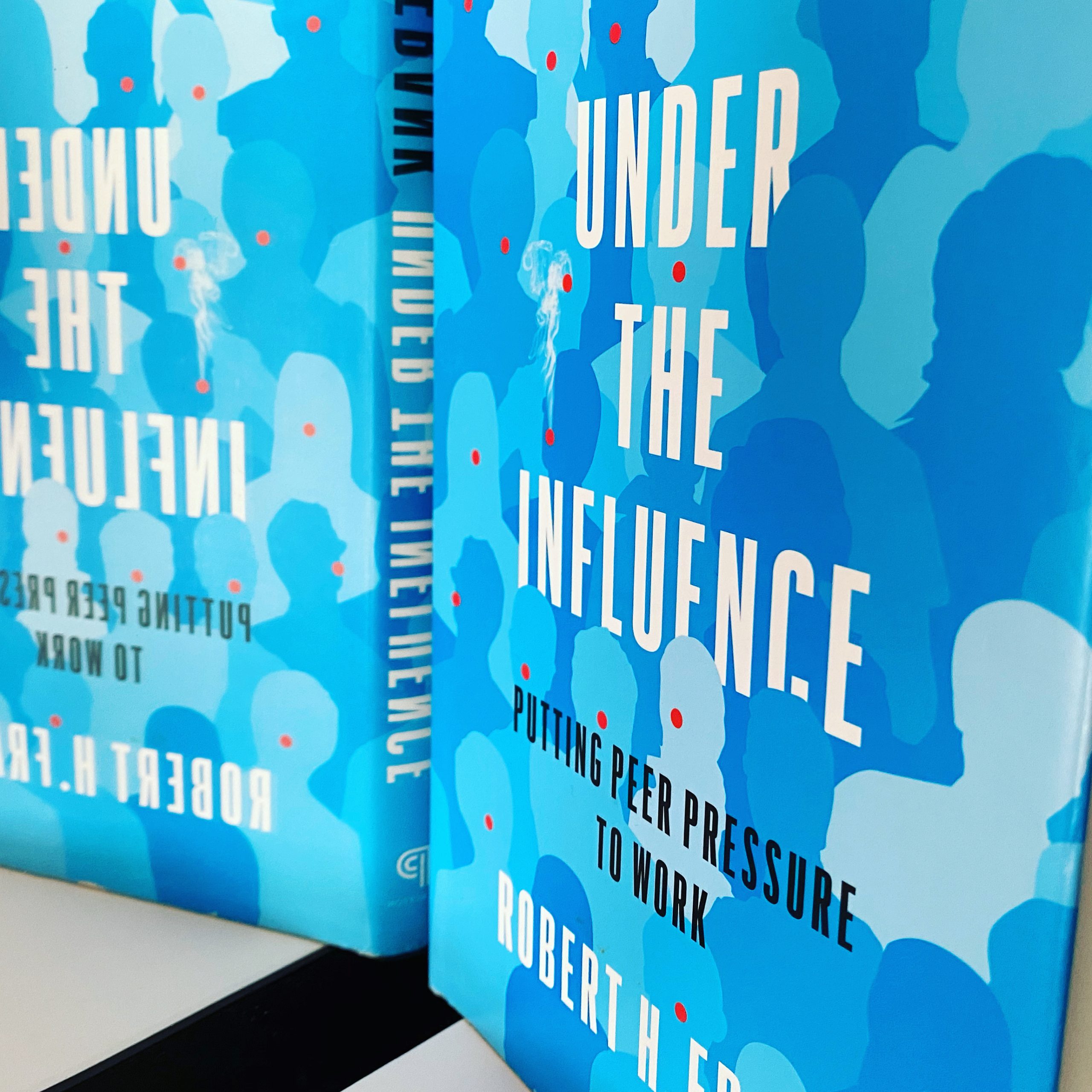Does the question "What do you want to be when you grow up?" feel too limiting? In Emilie Wapnick's book How to Be Everything, she lays out models for a sustainable life and career for those who don't want to have to choose.
Making Peace with the Machine
There’s a certain pride that frequently comes with rebelling, or raging if you will, against the machine. The system defines things to be in a certain order, assigns roles and rules, and is often quite callous or cold about parts that fail or collapse. As individuals, there is much to resent about the machine.
Artists and intellectuals in particular may find they have contention with being part of a system – people of these categories (if I can say such a thing) identify readily with words like “independent” or “outsider.” Yet all of those identities require a system to exist: a system from which you are independent, or outside. A rebel is one who rebels against an existing something. A misfit is one who fails to fit into an existing something. And, to ensure its own growth and survival, the system likewise needs those parts. It needs the occasional outlier, mischief-maker or fanatic to push the system’s development along or to force evolution. It’s a relationship based on friction and distance.
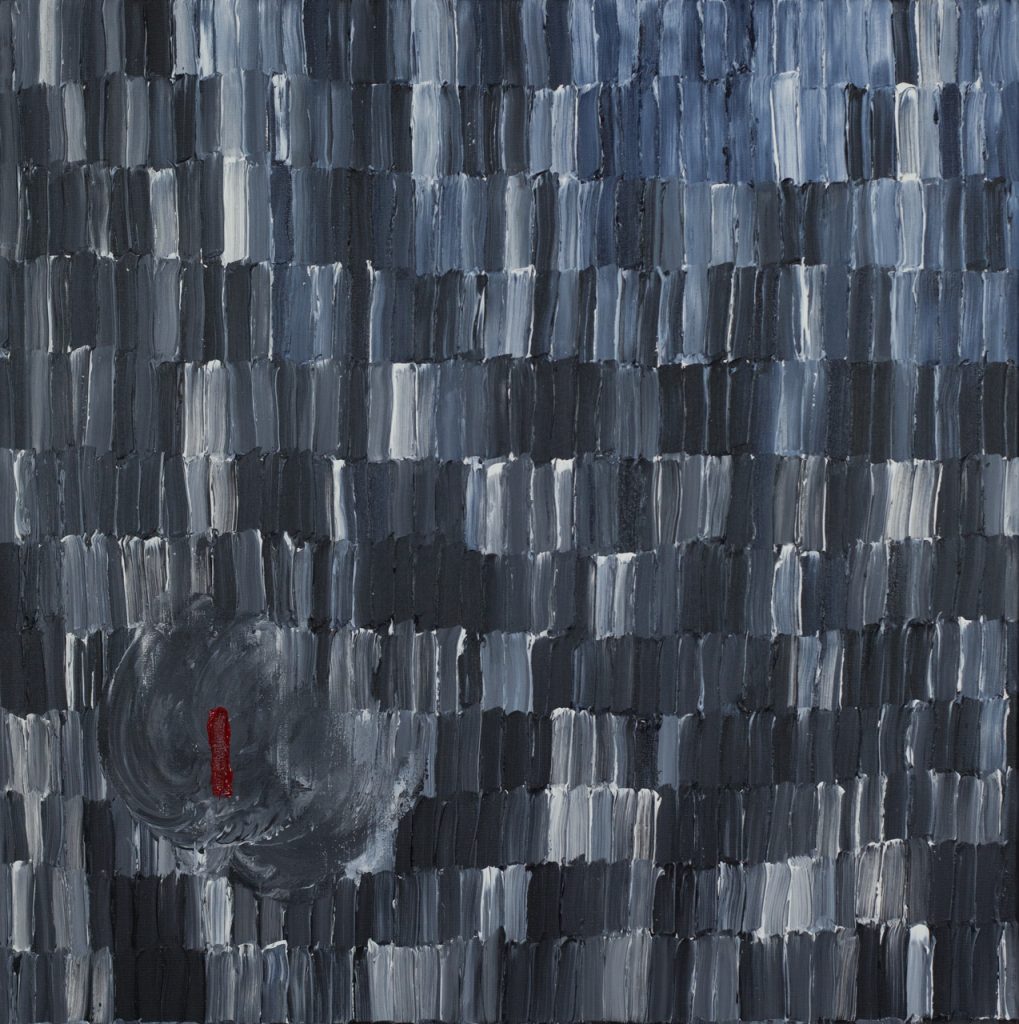
To realize that you are part of a system, many systems, from which you have no escape, can feel truly oppressive. In the midst of my own psychological breakdown from overwork, I wanted desperately to disentangle myself from the machine of the corporation, the machine of society’s expectations, the machine of “productivity.” The deeper I dug into my psyche, it was machines and machines, all the way down.
As much as I wanted to “get better” after my breakdown, I was haunted by the conclusion of Orwell’s 1984, in which Winston has been re-assimilated:
But it was all right, everything was all right, the struggle was finished. He had won the victory over himself. He loved Big Brother.
The novel is a warning against all-powerful systems, and so it hits that strong nerve within that insists on self-determination. When he capitulates into his love of Big Brother, it is tragic. It is frightening, too. If you’re anything like me, such a notion fills you with the urgency to preserve some critical part of yourself that is not given over to a system. But, of course, we cannot escape all systems. The Earth is a system. The universe, too, is a system. Should we escape the universe?
The desire to belong to something bigger than oneself is therefore an unexpectedly complex matter: It is on one hand a basic human need. Our sense of purpose is tied to the relationships with have with others, including the contributions we make, and our spirituality depends on connection with something greater than the self. We are compelled to “belong.” And yet, it happens all too quickly and invisibly that we feel consumed by the greater force. Chewed up, and sometimes spat out.
In the recent TV series Dirk Gently’s Holistic Detective Agency, the titular character Dirk, as well as his sort of metaphysical opposite Bart, follow the flow of the universe to perform certain tasks that need doing. They follow their inner guidance and thus perform the universe’s work: his is to solve cases that need resolution, hers is to murder people that need to die. We see both characters increasingly struggle with their role, and apparent lack of autonomy. “I can’t beat it,” Bart laments. “I thought I was a leaf on the stream of creation… but I’m not. I’m on a wire. I’m a puppet. I’m not even a person, I’m just a weapon.”
How can we be part of a system without being used by it?
It’s a question that dwells in my soul. It’s not a question I ask myself, it’s a question I feel. The consequences are dire. Pulling out of some systems—education, corporate life, city life, Facebook, civil society—is possible. There may be costs to it, but you can continue, possibly even in an improved state. There are some systems however within which you are innately, intricately, and irretrievably fixed. Like the universe. Like time—for now, at least.
Likewise, there are some systems that you can fight against and through your actions change them—like protesting for civil rights, for example, or toppling a regime—and there are some systems which you well and truly cannot overthrow. For example, in the battle of mankind versus nature, even if we should “win,” to defeat nature would be to defeat our means of support and therefore ourselves. There is no winning. Yet when you are caught in a game of deconstructing or destroying the systems that control you, even those like nature seem oppressive. It feels no different to be a cog in a corporation and a cog in a universe. Must I fit into my function within nature? Must I obey the machine?
The answer is of course yes; if you do not find a way of working together with nature, with the universe, with time, and with any other system to which you innately belong, you will be crushed. The system will expel the dysfunctional parts. I remember feeling broken by even the thought of this; that there are some Big Brothers that I must learn to love. I dreaded the day that I would find myself admitting that I was doing a good job in the system, and I belonged, and I was in love. I knew I was a broken cog. A healthy and happy organism is one which is in harmony with its environment; it is a perfectly functioning cog. And it caused such existential anguish to think that the only option for recovery was to once again become “functional.”
Chorus: How can we be part of a system without being used by it?
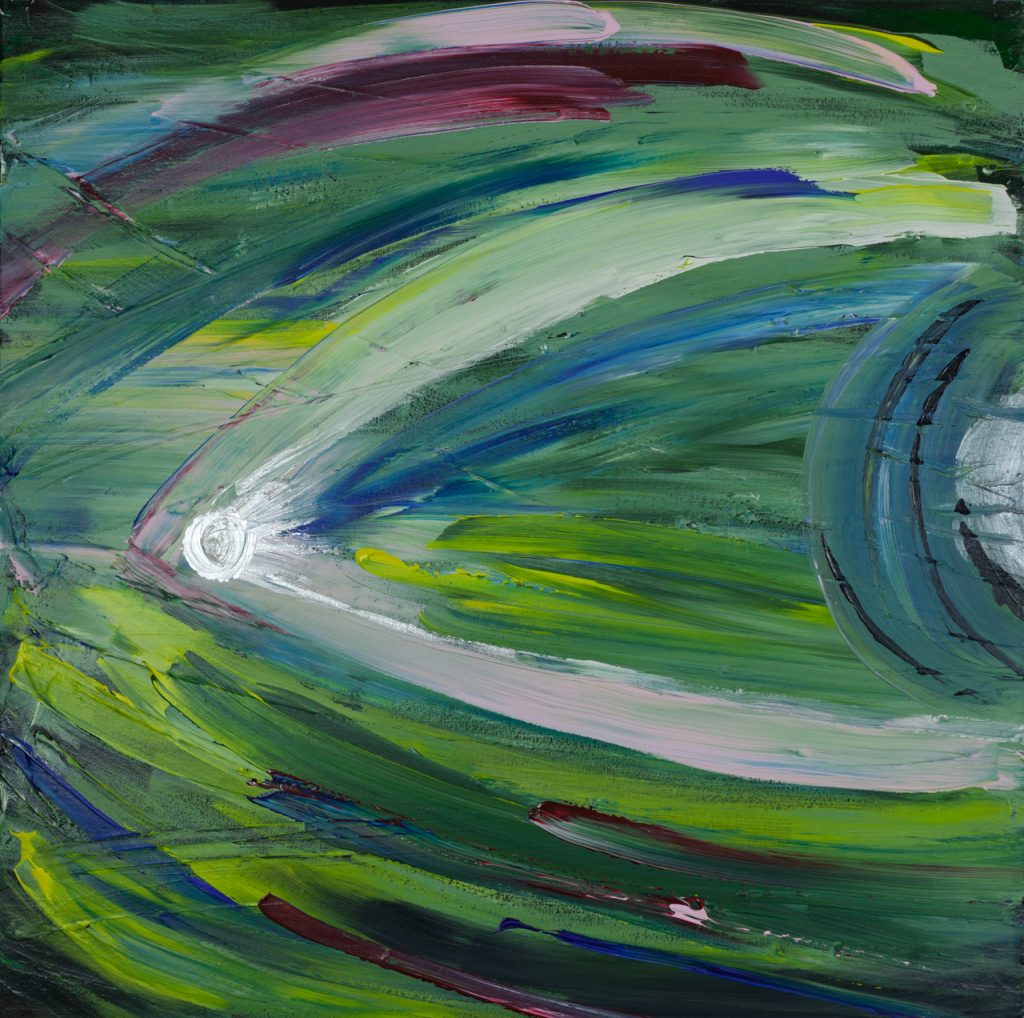
In The Matrix—a trilogy literally and metaphorically about the prison of systems—all the human characters (and even some of the programs) are focused on escape. There is the constant tug-of-war between the Architect (whose purpose is to balance the equation of the matrix) and the Oracle (whose purpose is to unbalance it). In the end, the only way to bring harmony to the system is for Neo (together with his opposite Mr. Smith) to be absorbed back into it. In that sense, it is a perfect system because it is self-correcting. Neo accepts his purpose, and is absorbed willingly. This conclusion is much less haunting than that of 1984, it’s even revelrous, and yet it is the same.
The difference? In 1984, we are focused on Winston. In The Matrix, we are left to celebrate with the remaining members of the system. The survivors of Zion.
Neo encounters a program in the third movie named Rama-Kandra, who tells him that, in the matrix, “Every program that is created must have a purpose. If it does not, it is deleted.” On a machine level, this makes sense to us. It’s easy to delete something that isn’t useful. Yet when it comes to people, or perhaps any living creature, suddenly the matter becomes far muddier. A great insult to a human: “You’re useless.” Yet, somehow we viscerally agree with the idea of human deletion, too: the need for purpose saturates almost our every cell. Without it, we lose much of our will to live.
We need systems to feel purposeful, so, when a system gives us no purpose we lose all direction, all connection. The worn out cog will likely be ground up in the gears.
Chorus: How can we be part of a system without being used by it?
In all my contemplation of this matter, I haven’t arrived at an answer that’s wholly fulfilling. There are moments when I feel in full flow with the universe—I am a woman who loves Big Brother—and there are moments when the illusion breaks, the honeymoon is over, and I can’t stand that so little of everything is really up to me. I can hear the machinery around me clacking. There have been times where I was looking for a way out of the system. But that doesn’t exist. It’s machines all the way down, all the way up, all the way into the future, all the way into the past. Put another way, in the cheerful sing-song way of Dirk Gently: “Everything is connected!”
So, I just pray to the stars to not get chewed up and spit out, not yet. When you do your purpose, and do it well, the universe flows around you and through you and for you. When you rebel against your purpose, when you swim against the stream or block other elements from fulfilling their purpose, the universe will take corrective measures. That’s a nice euphemism for saying it will break you.
It is a relationship, like any other. To be part of it and not be used by it, you must take an active role: make sure that you receive from it what you want. You must do what’s needed to ensure it’s a mutualistic relationship, each growing stronger for their support of the other. You must make peace with the machine.

